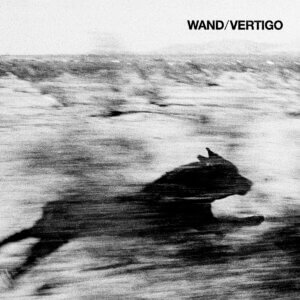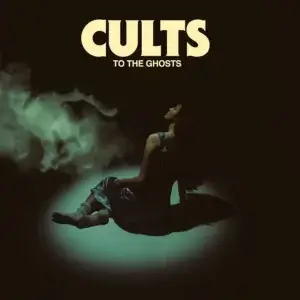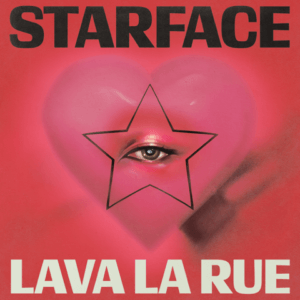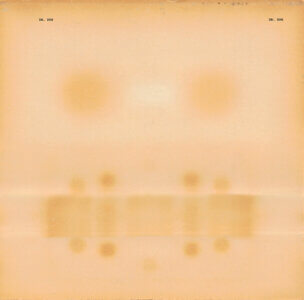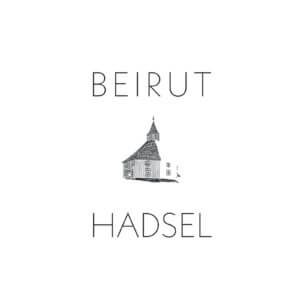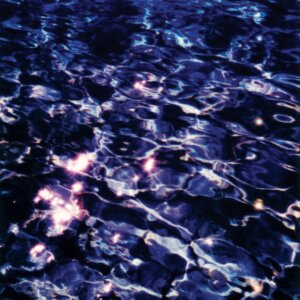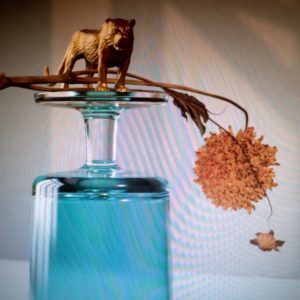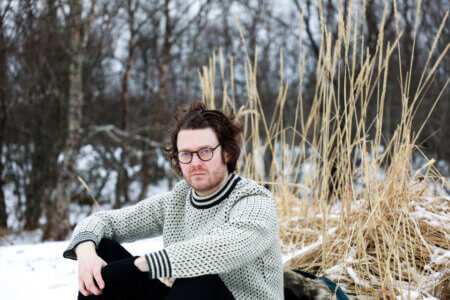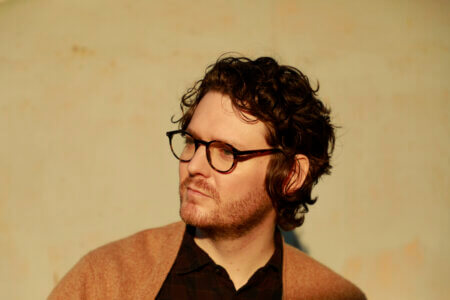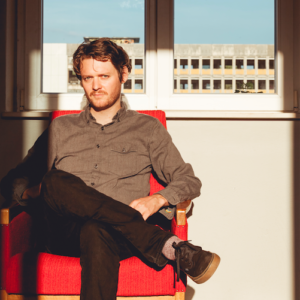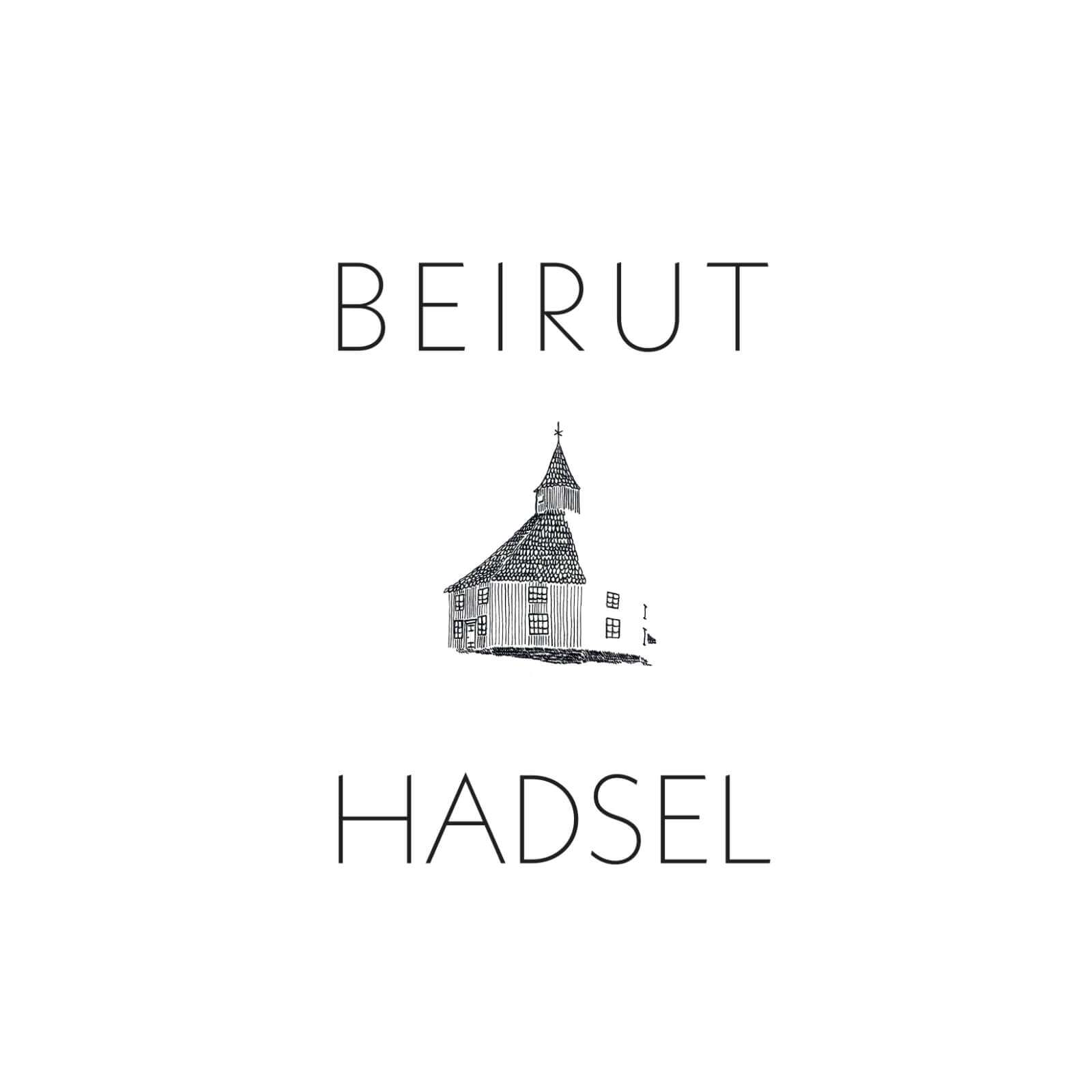
8.2
Hadsel
Beirut
Beirut shows on Hadsel how artists stuck in the past with their trauma can offer solace to today’s listeners
When music critics write that some artists were able to cure their own traumas by recording an album, it doesn’t mean that recovery comes instantly after release, but it could help at least their audience. Such a trick was done by Zach Condon with his sixth studio offering, which he mostly recorded alone on the remote island of Northern Norway on the verge of a mental collapse, partly arising from… the success of his debut album
We are revisiting some of our favourite records of the year. Read Sam Eeckhout review of HELLMODE by Jeff Rosenstock https://northerntransmissions.com/jeff-rosenstock-hellmode/ #JeffRosenstock
Rewind to 17 years ago. 2006, the year of Arctic Monkeys’ and Taylor Swift’s Impressive debuts, a time when many albums were released that we now consider defining, like Muse’s “Black Holes and Revelations,” My Chemical Romance’s “The Black Parade,” Amy Winehouse’s “Back to Black,” Justin Timberlake’s “FutureSex/LoveSounds,” and many others. Alongside them, the flow of time washed ashore a strange object called “Gulag Orkestar,” which sounded like an old pre-war plastinka your grandparents bought somewhere in an Eastern European lavka. Against this vivid backdrop of new indie heroes of the mid-2000s and the soon-to-be pop industry main hitmakers, the exotic — for an average pop and indie rock listener — Balkan, gypsy, Mariachi, and other Emir Kusturica-ish motives of 19-year-old prodigy Zach Condon, aka Beirut, seemed out of place. It was evident that he, like the main character of Orhan Pamuk’s novel “The Museum of Innocence,” was tightly stuck in the past, constantly sorting through old gems and painful moments on the shelves.
While times and music trends have been a-Changin’, he managed to carry his identity through the years: from “Gulag Orkestar” to “Gallipoli,” he made a big leap from the Neutral Milk Hotel-indebted soundtrack of weddings, military marches, and funerals to Radiohead-ish bubbling electronics (“Scenic World”) and almost poppy earworms (“Gibraltar”). However, listening to his music was always like walking through the floors of the awesome Museum of Innocence in Istanbul, with its stands of meticulously arranged artifacts from the past life of just one ordinary romantic person. By listening to another new Beirut album, we can always be sure to find familiar sounds and moods from the past, with gorgeous soundscapes worthy of “The Balkan Trilogy” or any W. G. Sebald’s book, as if it were created for experiencing changing generations like in movies by Giuseppe Tornatore. The same is true not only for music but for our old traumas, which we carry throughout life — they can lie there, under glass, until one day they are awakened by some little trifle.
On the new album, which was painfully born nearly five years after the playful and almost laid-back “Gallipoli,” Zach goes on a trip through the darkness of winter to fight his own inner trauma, which has been dozing inside him since his teenage years. Experienced throat issues, which led to the cancellation of a large part of the 2019 tour, and a mental crisis that followed, led him to find salvation in the comforting dark and snowy loneliness of a remote cabin above the Arctic Circle, on a northern Norwegian island called Hadsel. Having settled in the lonesome arctic setting reminiscent of “The Long Dark” survival video game or Kubrick’s “The Shining,” he literally put himself at the risk of going crazy, akin to Jack Torrance. As we can hear almost four years later, it worked. With the help of local organ enthusiast Oddvar, modular synthesizers, and many good old instruments, he transformed own loneliness and despair to gorgeous chamber pop with underwater drum machine percussion on the verge of folk, in the vein of Iron & Wine and Fleet Foxes, or even Richard Dawson.
Every song here sounds like the whole album was recorded with a strict plan, but in fact, it was a total DIY-mess that took a whole year of mixing, as Zach tells. Nevertheless, it flows like a river, reminiscent of a soundtrack from some indie game like Disco Elysium, and is easily listened to in one breath from start to finish, which in my memory was recently achieved on the same level only by Sharon Van Etten in her “We’ve Been Going About This All Wrong.” The core of “Hadsel” lies in echoey piercing vocals with an almost Enigma’s Gregorian-like ethereal croon (“Spillhaugen”), which he uses as a tool and drives almost to incoherent chants (“Arctic Forest”) or even ceases to be completely instrumental (“Melbu”). On the one hand, the rudimentary lyrics may hint at the messiness of the recording process, and they also lack memorable rhymes for TikTok virality. On another, it once again shows us that lyricism in Beirut’s multiverse is not for studying artists’ deep lore and household confessions in a folk manner but primarily for the transmission of experiences incommunicable by words. As he says , “If you want that, read a book.”
“I can’t bleed another way / I can’t be easy now” — Zack croons in “Süddeutsches Ton-Bild-Studio”. He says that the consequences of the great success of his music almost 20 years ago, like his “hate of being on tour,” were hardly bearable for him, and by connecting with old traumas, this pressure pushed him to the mental edge which he has been trying to curb during the work on and at Hadsel. It’s easy to say that by doing such DIY-self-psychotherapy and releasing a record, an artist can momentarily heal their mental wounds and return to business all anew, but that’s not true. It’s already a great achievement if one would be happy enough to process their struggles and learn how to live with dark islets inside. However, even during such dark times for a musician, supporting others with their music can bring some light to the creator as well.
Pre-order Hadsel by Beirut HERE
Latest Reviews
Tracks
Advertisement
Looking for something new to listen to?
Sign up to our all-new newsletter for top-notch reviews, news, videos and playlists.
